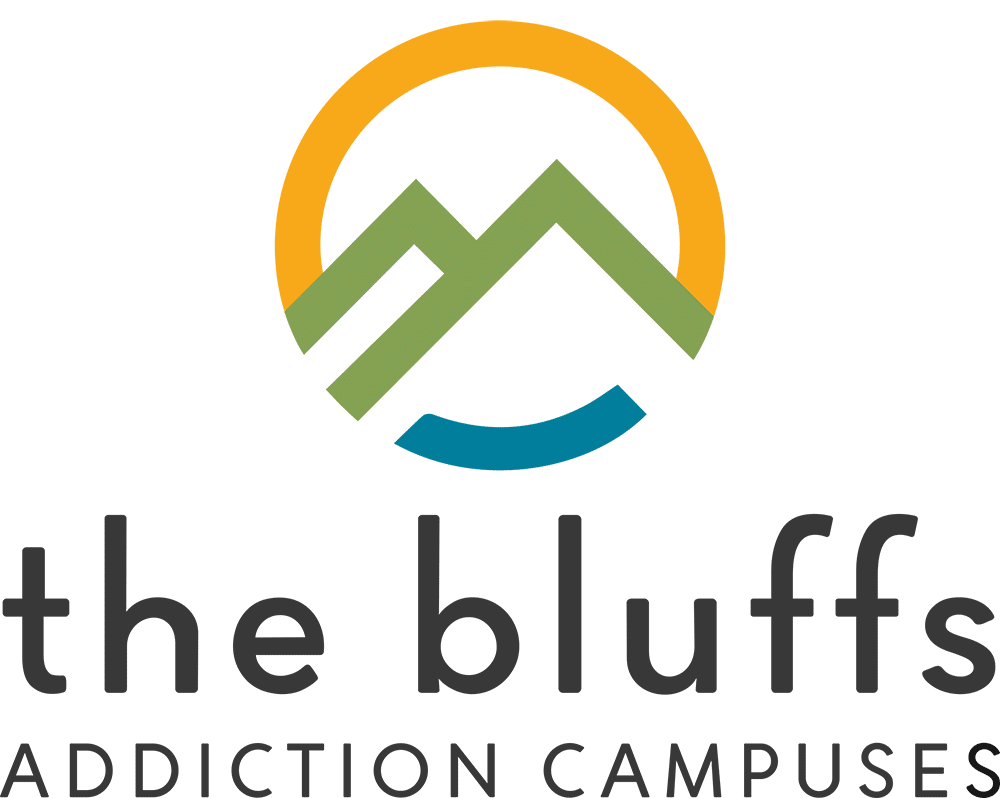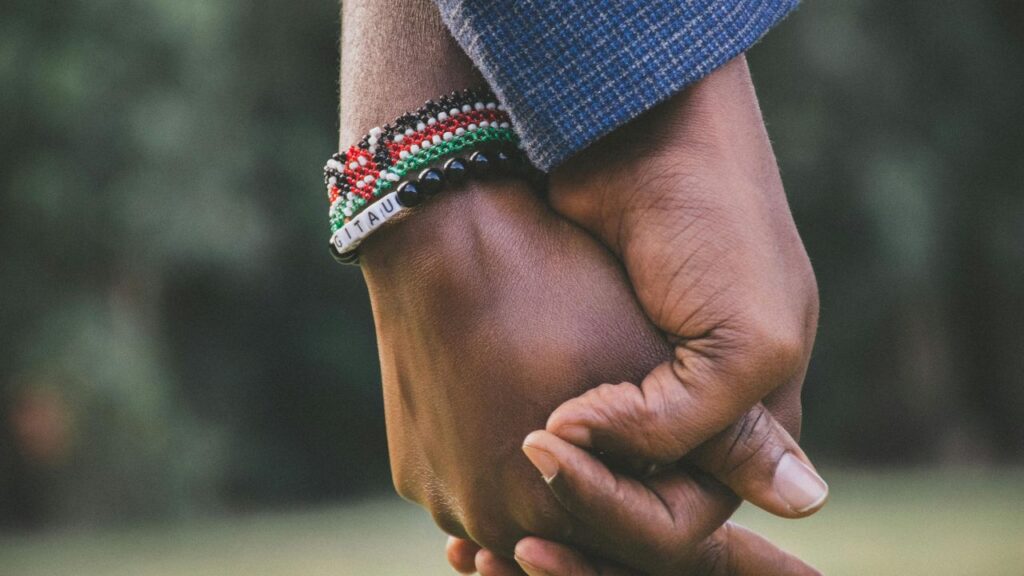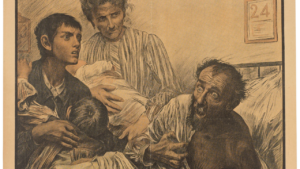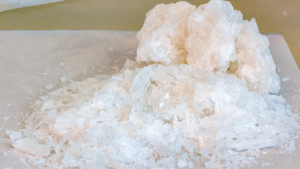Addiction is a powerful force that can wreak havoc on even the most stable relationships. As individuals grapple with substance abuse, the ripple effects extend far beyond their personal struggles, impacting family members, friends, and loved ones. At The Bluffs Addiction Campuses in Ohio, we understand that the journey to recovery is not just about overcoming addiction–it’s also about rebuilding and nurturing the relationships that have been strained or broken along the way.
The Toll of Addiction on Relationships
Substance abuse has a profound impact on relationships, eroding the foundation of trust, communication, and intimacy. When addiction takes hold, individuals may prioritize their substance use above all else, leading to a sense of betrayal and abandonment among those closest to them. Family members and friends may feel helpless as they watch their loved one’s behavior change, often struggling to understand the grip of addiction.
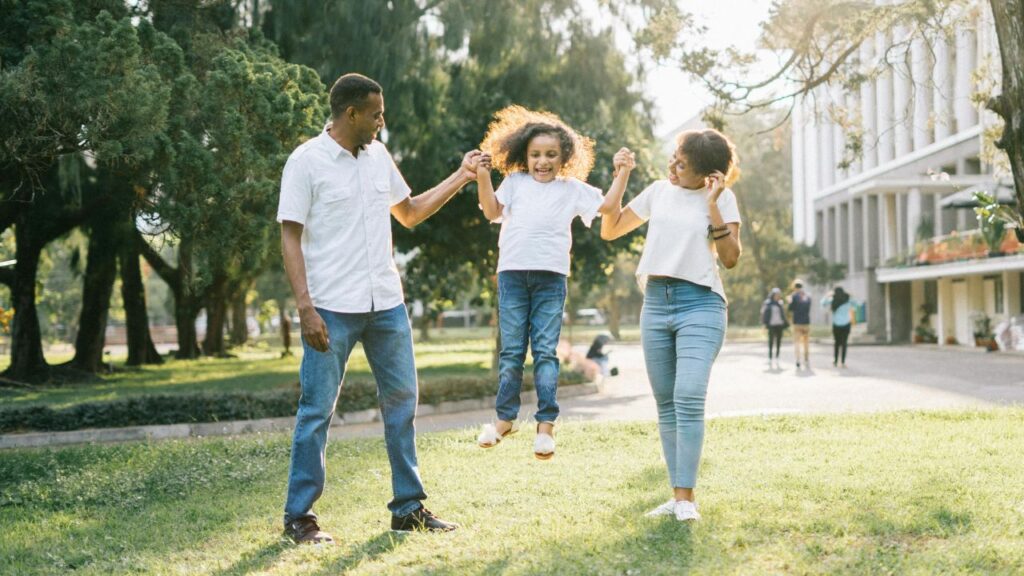
The consequences of addiction on relationships can be far-reaching. Communication breakdowns occur as individuals become more secretive and withdrawn, creating emotional distance and a lack of transparency. Trust is shattered as promises are broken and lies become commonplace. The addiction itself becomes the central focus, overshadowing the needs and well-being of others.
Moreover, enabling behaviors can inadvertently perpetuate the cycle of addiction. Family members and friends may find themselves making excuses, covering up the consequences of substance abuse, or even providing financial support to maintain the addiction. These actions, while often well-intentioned, can hinder the recovery process and further strain relationships.
The Foundation of Healthy Relationships in Recovery
As individuals embark on their recovery journey, rebuilding and maintaining healthy relationships becomes a crucial aspect of their healing process. Healthy relationships in recovery are characterized by several key elements that foster growth, support, and mutual understanding.
Trust and Honesty
At the core of any healthy relationship lies trust and honesty. In recovery, it’s essential to be transparent about your experiences, struggles, and progress. This means being open and honest with your loved ones about your addiction, your commitment to sobriety, and the challenges you face along the way. By cultivating an environment of trust, you create a safe space for vulnerability and genuine connection.
Open Communication
Effective communication is the lifeblood of healthy relationships. In recovery, it’s important to practice active listening, allowing others to express their thoughts and feelings without judgment. Equally important is the ability to articulate your own needs, boundaries, and emotions clearly and respectfully. Regular, open dialogue helps to prevent misunderstandings, resolve conflicts, and foster a deeper understanding between individuals.
Emotional Support and Empathy
Recovery is a challenging and emotional journey, and having a strong support system is essential. Healthy relationships in recovery offer unwavering emotional support and empathy. This means being there for one another during both the highs and the lows, offering encouragement, validation, and a listening ear. It’s about creating a non-judgmental environment where individuals feel safe to share their struggles and celebrate their victories.
Encouragement of Personal Growth
Healthy relationships in recovery actively encourage personal growth and development. This involves supporting each other’s goals, aspirations, and self-improvement efforts. Whether it’s pursuing new hobbies, developing coping skills, or seeking additional treatment, healthy relationships provide a foundation of encouragement and motivation. By uplifting one another, individuals in recovery can build the resilience and confidence necessary to maintain long-term sobriety.
Shared Interests and Activities
Engaging in shared interests and activities that don’t revolve around substance use is a key component of healthy relationships in recovery. Finding common ground and exploring new experiences together helps to strengthen bonds and create positive memories. Whether it’s participating in a support group, trying a new hobby, or simply enjoying quality time together, these shared moments foster a sense of connection and belonging.
Navigating Boundaries and Expectations in Relationships
Establishing and maintaining boundaries is crucial for the health and well-being of relationships in recovery. Boundaries serve as a framework for defining personal limits, expectations, and needs. They help to create a sense of safety, respect, and autonomy within relationships.
When setting boundaries, it’s important to be clear and specific about what you need and what you’re comfortable with. This may involve communicating your recovery goals, expressing your triggers and how you’d like others to support you, and defining limits around substance use and risky situations.
It’s equally important to respect the boundaries of others, especially those who may not be in recovery themselves. Recognize that everyone has different comfort levels and needs, and work together to find a balance that supports both your recovery and your relationships.
Open and honest communication is essential when navigating boundaries. Be willing to have difficult conversations and express your needs assertively. Listen actively to the perspectives and concerns of others, and be open to finding compromises and solutions that work for everyone involved.
Addressing Challenges with Those Not in Recovery
Maintaining relationships with individuals who are not in recovery can present unique challenges. They may not fully grasp the complexities of addiction or understand the importance of your recovery journey. Educating them about your experiences and the changes you’re making in your life is crucial.
Be prepared to set firm boundaries around substance use and situations that may trigger a relapse. This may involve declining invitations to events where alcohol or drugs will be present or asking others to refrain from using substances in your presence.
It’s important to surround yourself with people who respect your sobriety and support your personal growth. Seek out relationships with individuals who share your values and encourage your commitment to recovery. If certain relationships prove to be toxic or detrimental to your well-being, it may be necessary to distance yourself and prioritize your own healing.
The Role of Professional Support
At The Bluffs Addiction Campuses, we recognize the vital role that professional support plays in rebuilding healthy relationships in recovery. Our comprehensive treatment programs go beyond addressing the physical aspects of addiction; we also focus on helping patients develop the skills and tools necessary to navigate relationship challenges.
Through individual therapy sessions, patients have the opportunity to explore the impact of addiction on their relationships and identify patterns of behavior that may have contributed to relationship strain. Therapists work with patients to develop effective communication strategies, build self-awareness, and enhance emotional intelligence.
Group therapy sessions provide a supportive environment where individuals can connect with others who are facing similar challenges. By sharing experiences, offering support, and learning from one another, patients can gain valuable insights and feel less alone in their journey.
Family counseling is another essential component of our treatment approach. Addiction affects not only the individual but also their loved ones. Through family therapy sessions, we facilitate open and honest communication, help families understand the nature of addiction, and work together to rebuild trust and strengthen bonds.
In addition to therapy, The Bluffs Addiction Campuses offers educational workshops and resources to further support patients in developing healthy relationship skills. These may include workshops on effective communication, setting boundaries, managing conflicts, and building self-esteem.

Embracing the Journey of Recovery and Repairing Relationships
Building and maintaining healthy relationships in recovery is an ongoing process that requires commitment, self-awareness, and patience. It’s important to remember that healing takes time, and setbacks are a normal part of the journey.
As you navigate the path of recovery, be kind to yourself and celebrate the progress you make along the way. Surround yourself with individuals who uplift and inspire you, and be willing to let go of relationships that no longer serve your well-being.
At The Bluffs Addiction Campuses, we are here to support you every step of the way. If you or a loved one is struggling with addiction and its impact on relationships, don’t hesitate to reach out for help. Call us today at 850-374-5331 to learn more about our specialized programs and begin your journey towards healing, recovery, and healthier relationships.
